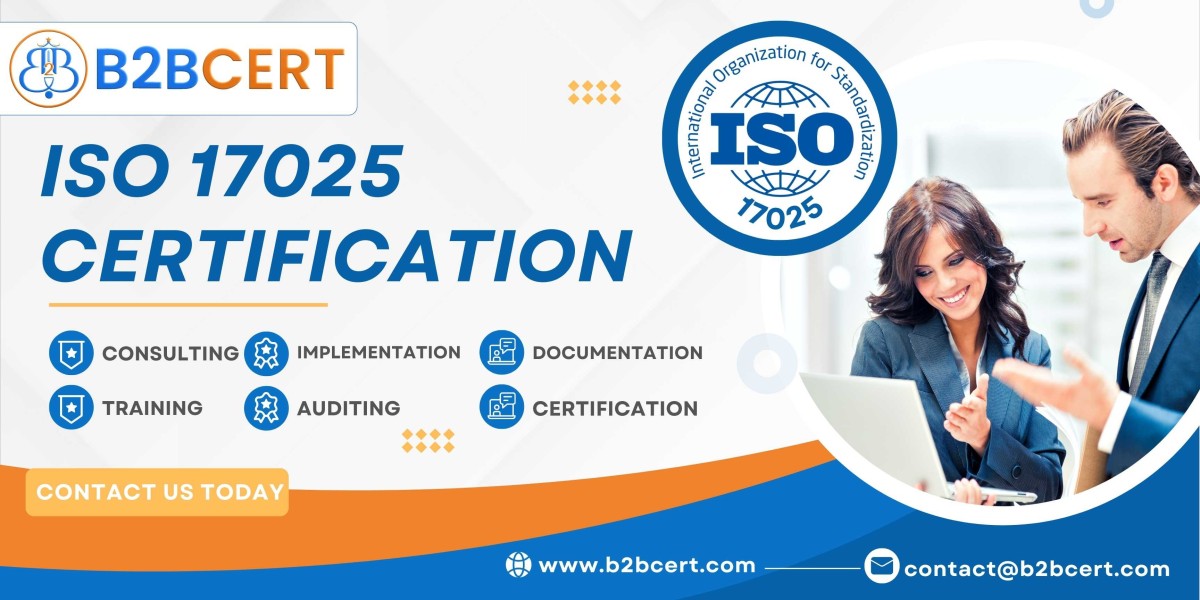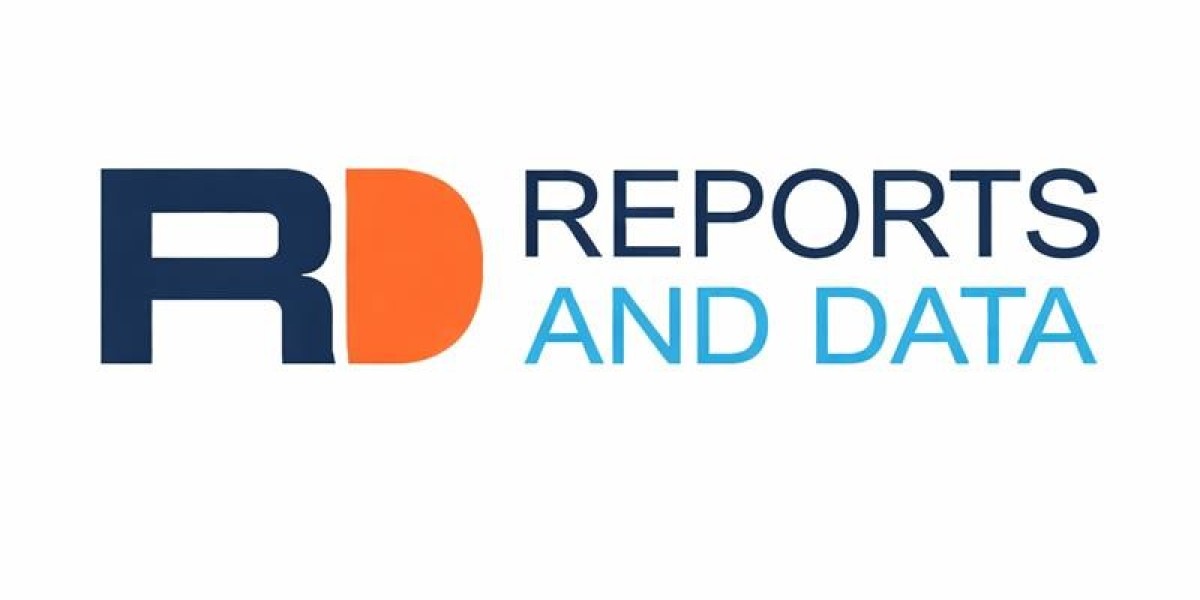In today’s competitive scientific and analytical landscape, laboratories are expected to deliver precise, reliable, and reproducible results. ISO 17025, the international standard for testing and calibration laboratories, sets the benchmark for competence, impartiality, and consistent quality in laboratory operations. Across Bahrain, several laboratories have embraced ISO 17025 Certification in Bahrain, witnessing significant improvements in operational efficiency, client satisfaction, and overall credibility.
Case Study 1: Enhancing Testing Accuracy in a Mid-Sized Laboratory
A mid-sized analytical laboratory in Bahrain struggled with inconsistent test results and fragmented documentation. These issues affected client trust and regulatory compliance, limiting the laboratory's ability to compete with established peers.
By collaborating with experienced ISO 17025 Consultants in Bahrain, the laboratory underwent a comprehensive assessment of its quality management system (QMS). Standard operating procedures were formalized, equipment calibration schedules were strictly implemented, and staff training programs were introduced to ensure competence in testing methods.
During the ISO 17025 Audit in Bahrain, auditors evaluated laboratory processes, technical procedures, and compliance with measurement traceability standards. Post-certification, the laboratory reported a marked improvement in test accuracy, reduced errors, and enhanced client confidence. The structured approach also minimized repeat testing, saving time and operational costs, and fostering a culture of accountability and continuous improvement.
Case Study 2: Streamlining Operations for a Multi-Discipline Laboratory
A multi-discipline laboratory offering chemical, biological, and environmental testing faced challenges in harmonizing procedures across departments. Differences in testing methodologies and documentation practices led to inefficiencies and increased operational risks.
With the guidance of ISO 17025 Consultants in Bahrain, the laboratory developed an integrated QMS tailored to ISO 17025 standards. Key initiatives included harmonized testing protocols, risk assessment procedures, and comprehensive record-keeping systems. Staff were trained extensively on quality principles and measurement uncertainty, aligning technical competence with ISO requirements.
The ISO 17025 Audit in Bahrain verified that all procedures, equipment maintenance, and testing methodologies met international standards. Following certification, the laboratory experienced smoother workflows, higher consistency in test results, and stronger client relationships. Additionally, regulatory compliance became easier to demonstrate, allowing the laboratory to bid for more complex projects and expand its market presence.
Case Study 3: Elevating a Small Laboratory to International Standards
A small laboratory aiming to expand its services internationally faced the challenge of demonstrating competence and reliability to global clients. Limited documentation practices and informal quality checks hindered its growth potential.
Engaging ISO 17025 Consultants in Bahrain, the laboratory implemented a full-scale QMS covering equipment calibration, method validation, traceability, and corrective actions. Standardized reporting formats and internal audits ensured consistent quality in every test performed.
During the ISO 17025 Audit in Bahrain, external auditors assessed technical capabilities, documentation integrity, and management processes. Certification provided the laboratory with a recognized mark of competence, enhancing client trust and opening new opportunities in international markets. Operationally, staff became more structured in their approach, reducing errors and optimizing resource utilization, ultimately lowering the ISO 17025 Cost in Bahrain by avoiding inefficiencies and rework.
Key Benefits of ISO 17025 Certification
Organizations achieving ISO 17025 Certification in Bahrain experience several tangible benefits:
Improved Accuracy and Reliability: Standardized testing procedures ensure results are consistent and trustworthy.
Enhanced Client Confidence: Certification demonstrates technical competence, attracting new clients and retaining existing ones.
Operational Efficiency: Streamlined processes, proper calibration, and documentation reduce errors and operational costs.
Regulatory Compliance: ISO 17025 aligns with international standards, facilitating regulatory approvals and international collaborations.
Continuous Improvement: Regular audits and performance monitoring foster a culture of quality and accountability.
Conclusion
The success stories of laboratories achieving ISO 17025 Certification in Bahrain highlight the transformative impact of adhering to internationally recognized standards. By leveraging expert ISO 17025 Consultants in Bahrain, laboratories can implement robust quality management systems, optimize operational efficiency, and ensure accuracy and reliability in every test. The ISO 17025 Audit in Bahrain validates technical competence, strengthening credibility with clients and regulatory authorities, and positioning laboratories for sustainable growth and international recognition.








